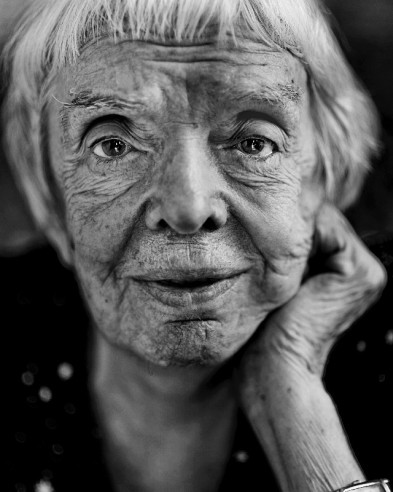Lyudmila Alekseeva, Human Rights Activist and Chairperson of Moscow Helsinki Group
I have a feeling that this election will be different from the previous one, but not because something has changed among the authorities. The authorities, unfortunately, will continue to strive for the victory of the United Russia party. But if before you had people saying that they cannot affect the situation and are helpless, now they are angry. People no longer respect their own state. And I’m not the only one who sees this.
In August, the Levada Center published the following survey data: 64% of respondents said they do not trust the State Duma (the Russian lower house) and United Russia, 58% disapproved of the current deputies' activities, 19% said they were more or less satisfied with them, and only 1% were completely satisfied. Moreover, 55% said that authorities were concerned only with their own well-being, and only 12% described them as a good team of politicians who are leading the country in the right direction.

These elections will be rigged just like the previous ones. Here's some more data: in 2011, 62% of respondents said that the 2007 elections were rigged in favor of United Russia. But waiting for decisive action of the kind we saw in Ukraine, Moldova and Georgia is impossible in such a large multi-ethnic country as Russia. Even if these next elections go the way authorities want them to, I doubt that the ones afterward will follow the same recipe. Something will happen in the interim. The regime won't necessarily fall, but one thing is clear: by forcing the desired result for the parliamentary and presidential elections, Putin will not be able to feel and rule the same way as in the previous presidency. He will have to have more consideration for the people.
Lyudmila Alekseeva was born in 1927 in Yevpatoria, Ukraine, Alekseeva graduated with a degree in history from the Moscow State University and completed post-graduate studies at the Moscow Institute of Economics and Statistics. She worked as a history teacher, and later as the Archeology and Ethnography editor at the Nauka (“Science”) publishing house. From 1970 to 1977, she was a member of the Institute of Scientific Information on Social Sciences at the Soviet Academy of Sciences.
Having been a member of the Communist Party since 1952, Alekseeva experienced an ideological crisis after [Joseph] Stalin's death and [Lavrentiy] Beria's arrest, and she reconsidered much of Soviet ideology. In the 1960s, she became an active member of the dissident movement and engaged in self-publishing activities (“samizdat”). In 1976, she accepted famous physicist and dissident Yuri Orlov's offer to join the newly-created human rights organization Moscow Helsinki Group (MHG). Shortly after the group was formed, she was forced to leave the USSR under threat of arrest. From 1977 to 1993, she lived in exile in the U.S., where she published several scientific papers, including the monograph “The History of Dissent in the USSR” (1984).
After returning to Russia in 1996, Alekseeva was elected chairperson of the revived MHG. In 2002, she became a member of the Commission on Human Rights under the President of Russia (renamed the Council for the Development of Civil Society Institutions and Human Rights in 2004). Alekseeva has been actively involved in the activities of Strategy-31, a social movement in defense of Article 31 of the Russian Constitution, which protects the Freedom of Assembly. She is one of Russia's most prominent human rights activists, and speaks regularly, offering scathing criticism of the political regime and the actions of the current government in Russia.

